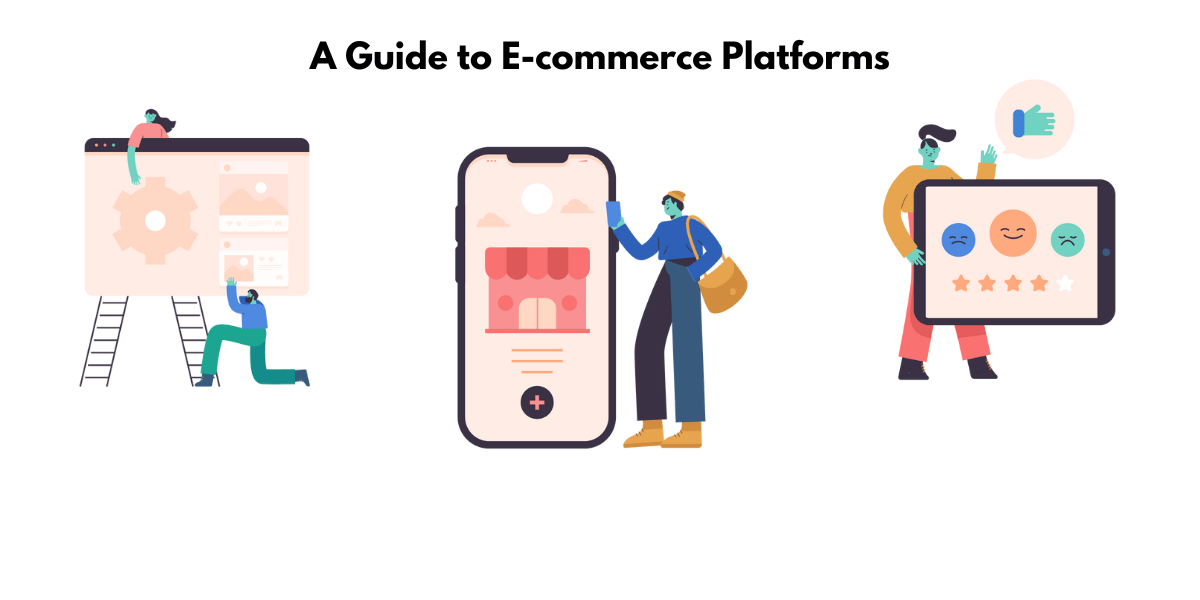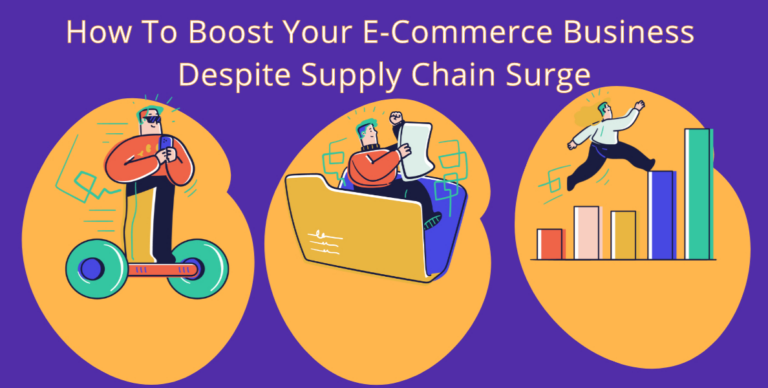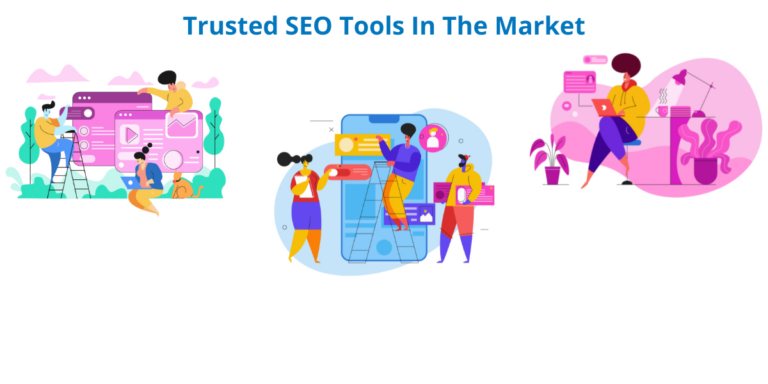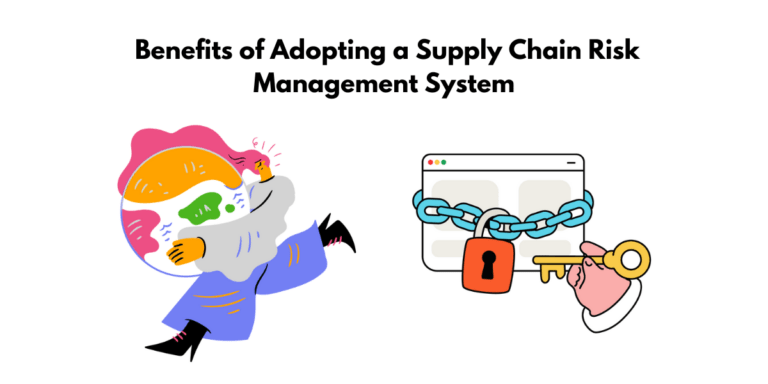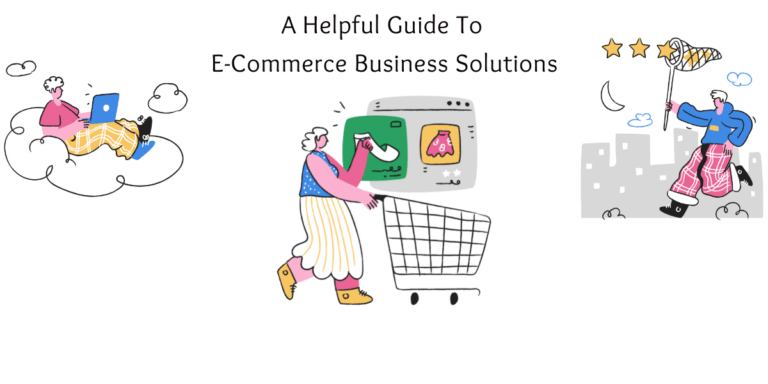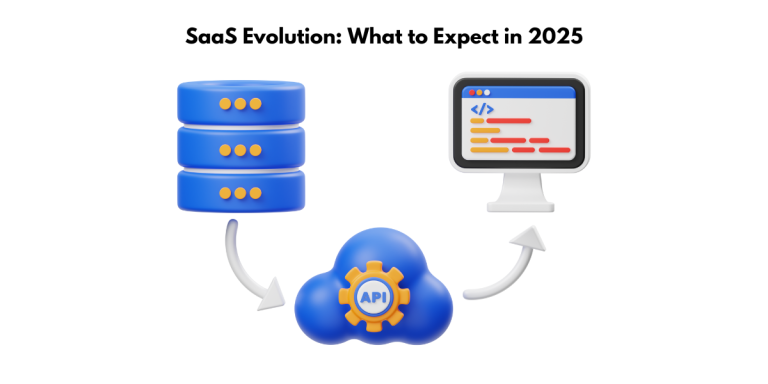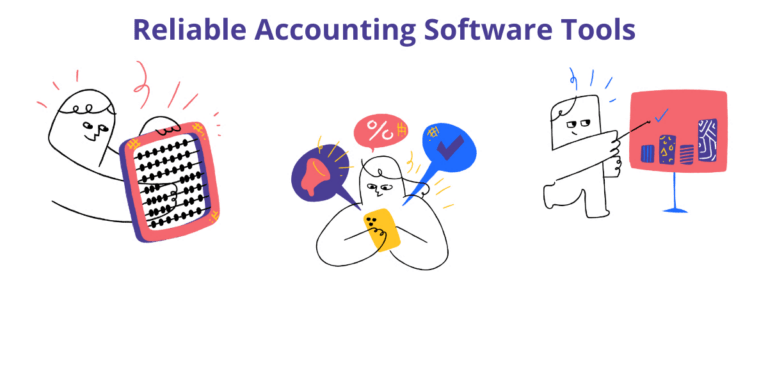A Comprehensive Guide to the Best E-commerce Platforms
A Guide to E-commerce Platforms
There are a variety of factors to consider when choosing an e-commerce platform. The most important considerations are the features that the platform offers. An e-commerce platform needs a search feature that lets customers find a specific product, a cart feature to manage their order, and a payment feature. Additionally, the platform should be easy to use and have good customer support.
There are two main options when choosing an e-commerce platform: using an e-commerce solution consultants that is hosted by a provider like Shopify and delivered through the cloud, or hosting a custom e-commerce platform on their premises. Both have their advantages and disadvantages, so companies need to consider all factors before making a decision.
Indeed, companies often make a few mistakes when it comes to e-commerce. One of the biggest ones is not figuring out their goals in advance. Without knowing what they want to achieve, companies can’t determine which e-commerce platform is best for them and may not pay attention to security regulations that could put them at risk.

What are e-commerce platforms?
An e-commerce platform is a website that includes all the necessary features for customers to buy products online. This could include a shopping cart, product catalogs, payment processing, and order tracking. E-commerce platforms allow businesses to interact with international customers quickly and easily.
There are many different e-commerce platforms available on the market today. Shopify is a great choice for most visitors and has impressive marketing tools. It offers everything you need to get your business online quickly and easily. However, if you’re looking for more advanced features or want to use your domain name, you may consider using Magento instead. Magento is more customizable but can be more difficult to use than Shopify.
There are many different e-commerce platforms available on the market today. While each has its own unique set of features, they offer similar benefits, such as increased sales and improved customer service. If you’re looking for a comprehensive solution that will provide everything you need to get your business online quickly and easily, then Shopify is probably the best option for you.
What are the two platforms you can choose when starting with e-commerce?
When starting with e-commerce, you have two platform options to choose from: self-hosted or hosted.
Self-hosted platforms require merchants to do everything manually, making maintenance and updates complicated. In addition, self-hosted platforms are open source, so you use a third party to host your website data. Because of this extra complexity, self-hosted platforms are more affordable than hosted platforms but don’t offer as much customer support.
Hosted platforms take care of all the maintenance and hosting, so it’s a good option if you’re not familiar with web development or hosting. They’re also typically more expensive than self-hosted platforms.

What are the best e-commerce platforms for small businesses?
When starting with e-commerce, you have two main platforms to choose from: hosted e-commerce websites and website builders. A hosted e-commerce website is one where the website is physically located on a dedicated server space that an external hosting provider provides. Website builders, such as Shopify or Wix, offer a platform that allows you to create your e-commerce website without worrying about the messy business of self or third-party hosting and the associated costs.
On the other hand, self-hosted platforms require merchants to do everything manually, from designing the website, adding products, handling payments, and customer service. This makes maintaining and updating the website difficult. Additionally, self-hosted platforms are open source which means that anyone can view or modify the code. You need to find a third party to host your website’s data to use these platforms.
When starting with e-commerce, there are two types of platforms from which you can choose: self-hosted or hosted. A self-hosted platform is more affordable than a hosted platform because it has less overhead. However, self-hosted platforms don’t offer as much customer support as hosted platforms do–typically, free customer support isn’t available with this hosting service.
What makes a great e-commerce platform for small businesses?
When evaluating the best e-commerce platforms for small businesses, we looked for important features for this group of business owners. These include:
- The ability to create a responsive, modern online store without requiring a degree in computer science or graphic design.
- The average person should be able to build an easy-to-customize, attractive storefront using the tools and themes available on the e-commerce platform.
- E-commerce platforms must enable anyone to sell whatever they want, wherever they are.
- We only considered full-service e-commerce platforms with built-in integrations, either through a plugin and extension marketplace or features.
- Opaque fees are a big no for small businesses setting up an online store. We didn’t consider platforms with fees that aren’t disclosed.
We also looked for e-commerce platforms that allow you to sell anything, anywhere in the world. Many US-based and European-based e-commerce platforms have restrictions on what you can sell.F
In addition, we also looked for e-commerce platforms that offer a high level of flexibility and customization to their themes and templates. We wanted the ability to change the look and feel of our online store.
The last thing we looked for was an e-commerce platform with a strong community, active forums, and user groups. We wanted to be able to get help if we needed it.

Top e-commerce platforms compared
There are several different e-commerce platforms on the market, and they all have their own unique set of features. It can be difficult to decide which platform is right for your business. However, it is important to make sure you pick the platform that will impact your bottom line. The competition between these platforms is fierce, so it is important to do your research before deciding.
An e-commerce platform is a website that has all the features necessary for customers to buy products online. This includes a shopping cart, payment processing, and shipping options. There are many different e-commerce platforms to choose from, but Shopify is a great choice for most small business owners. It has impressive marketing tools and makes it easy to set up and manage your store.
An e-commerce platform is a type of software that helps businesses sell products and services online. There are many different e-commerce platforms available, but Shopify is often considered one of the best options because it offers a wide range of features and can help improve your company’s bottom line with increased sales. Additionally, the best e-commerce software typically includes extra content pages that can help you promote your products and services more effectively.
In addition, e-commerce platforms come with a wide range of features to help business owners operate their online stores. Shopping cart software, for example, includes automation tools that help process customer orders and create promotions. Customers can also use the software to build a website and a blog, market their products, and more.
BigCommerce
BigCommerce is the best overall platform for e-commerce. It offers a wide variety of features and tools that allow any niche or industry to succeed. The interface is easy to use and allows for easy customization of your online shop. Additionally, BigCommerce has great customer service with a wide variety of designers and developers ready to help on the fly. While it’s not perfect (no platform is), it excels in multi-channel selling and strong SEO performance.
Shopwired
ShopWired is one of the most popular e-commerce platforms, and for a good reason. It offers a competitive feature set without paying for additional add-ons like abandoned cart recovery or reviews and ratings. ShopWired is affordable and easy to use, making it great for B2B stores with its Trade Accounts, Credit Accounts, Bulk Discounts, Quote Request System, etc. The review of ShopWired by the company’s website has a score of 4.3/5 out of 5 stars on performance and value for money. Desktop speeds are the fastest on all platforms tested, but mobile speeds could be improved for a greater consumer experience. Overall, ShopWired has a great load time and is easy to set up and use. However, its average SEO traffic is not as high as other platforms. Some apps require coding installation – though only some extensions do so – this isn’t much of an issue.
Shopify
Shopify is a great e-commerce platform for businesses of all sizes. It is easy to set up and has many features, including 1-Click selling apps, multiple channels and social selling, and great themes with varied designs. However, it can be expensive, especially if you want to use the advanced features that come with the price tag of an app subscription. Additionally, Shopify’s ranking performance is weak compared to other platforms such as BigCommerce.
Wix
Wix is now a major e-commerce player. It offers great value for solopreneurs and small businesses. Wix is a great beginner e-commerce platform with limited features. It’s easy to use and set up. The site has a vast collection of free themes (72 are free). It tries hard to fight a bad SEO reputation, but it failed by testing poorly. Wix has a weak upselling capability. Wix does not integrate with Amazon but is easy to set up and simple to use
Zyro
Zyro is a platform targeted at small business owners. It offers a range of free AI tools to help users create their website and blog post titles, slogans, logos, and backgrounds. The platform allows for buying and selling over the internet both digital and physical products. The pricing starts at $4.90/month for the Business plan, with a higher-level option available for $9.95/month called the Online Store or Advanced Store plans which include more features such as marketing integrations and AI tools to handle tasks. There is room for improvement on SEO, product limits (only 4 templates), and mobile speeds. However, it’s very easy to set up an account for this website with PayPal or Stripe as payment methods.
Shift4Shop
Shift4Shop is a top e-commerce platform with over 22,000 users as of 2021. It is no longer using the 3dcart name. Shift4Shop doesn’t do as well as Shopify or BigCommerce because it’s not beginner-friendly. The builder is hard to figure out and doesn’t have a lot of visual appeals. The store templates are more industrial but feel outdated. However, a community of developers will help you with themes and modifications if you’re an experienced user. Shift4Shop offers advanced shipping with no API required, plus it is competitively priced. You can also use Shift4Shop for up to 50k sales on the lowest plan for $19 a month.
Shopify has more features out of the box than Shift4Shop, but you can’t forget to mention that Shopify was first! If design or features are important to you, then Shopify might be the better option for your business; however, if you’re looking for something more competitively priced and don’t mind putting in a little extra work, then Shift4Shop would be a great choice.”
WooCommerce
WooCommerce is a WordPress plugin that makes it easy for users to add their products to a website. It’s free to download and use, but you need to buy hosting and WordPress separately. WordPress has a lot of SEO advantages and is an easy selling app. It’s highly customizable, but expensive hosting can be tough to work with. WooCommerce generates a lot of blame games for troubleshooting, but there’s no support system for it either.
Nexcess StoreBuilder is a good choice for those who want to build an e-commerce store using WooCommerce. It has features that include an AI site builder, templates that need customization, and no demo available. Nexcess StoreBuilder is affordable and uses the WooCommerce platform as its foundation. The website was designed with simplicity in mind, but it needs more customization options to make it stand out from other websites on the market today.
Volusion
Volusion is a good option for those selling physical products. Volusion provides a website builder with drag and drop, but it’s not free. Volusion charges extra fees when SSL certificates are purchased.
Amazon is the only platform that doesn’t have a built-in blogging tool. Amazon has a strict limit on how many products can be sold, while other platforms allow infinite product listings. The dashboard allows marketers to use SEO and sell on Google, eBay, Amazon, social selling, and coupons without leaving the platform.
Volusion has a great dashboard with tons of learning materials. Dropshipping is available, but Volusion doesn’t have print-on-demand capabilities. Beginner support is a big feature; you’ll get help as soon as you sign up and start your store after the first month’s fee has been paid in full. The Amazon integration is not as good as Shopify’s. The Shopify platform has a better interface than the Amazon platform. Volusion offers a great onboarding and help center, subscription/recurring payments included and is designed for Small Businesses. The platform has a clear inventory and marketing system but lacks up/cross-selling features. Volusion’s performance was one of the slower platforms in my study. 9 out of 5 stars, but it scored 4.1 on ease-of-use and design themes. The user rating for Shopify is 3 out of 5 stars, while that for WooCommerce is 3.4 out of 5 stars. The top three e-commerce platforms for 2019 are Volusion, Shopify, and wooCommerce.The two reviews that were left for each platform are as follows:
Volusion: “Volusion has been great for our business! We have never had any problems with the site or their customer service.”
Shopify: “Overall I’m very happy with Shopify. It’s been a big help in getting my business off the ground.”
Sellfy
Sellfy is an online website builder which requires no technical knowledge. Sellfy supports three methods of connecting your store with your existing website: Connect to your site, attach it to a custom domain, or use Buy Now and other embed options from the platform. Sellfy is one of the most affordable options. You can save a lot of money with this platform if you are looking for features and e-commerce functionality compared to Shopify.
Sellfy is a platform that allows you to sell digital and POD products. Sellfy offers a free plan, limiting the number of products you can sell and what types of products you can sell but provides access to the print-on-demand platform. Sellfy offers premium plans with unlimited product types, including digital commerce and subscriptions.
Sellfy is an e-commerce platform that offers a free plan for all plans. They offer a Wix integration and multiple options for selling digital products online. There are no transaction fees or credit cards required to use their service, making it great for small businesses with limited resources.
Squarespace
Squarespace offers drag-and-drop templates and design capabilities.
They have sleek templates with prices starting at $18 per month for a Business plan when billed annually.
You must pay 3% transaction fees to sell online on Squarespace.
The BigCommerce package comes with all the standard features you might expect from an e-commerce platform.
The website design is more difficult to master than Weebly’s, but it offers marketing and analytics features beyond what Weebly does.
Squarespace integrates with two third-party apps, ShipStation and Printul.
It only supports Stripe and Paypal for payment processing.
Magento
Magento is a powerful, customizable platform with a large community. There are marketplace options to buy extensions and themes that can be tailored for your needs. Magento helps developers expand their skillset without learning new programming languages or starting from scratch. Magento is expensive, but it’s on the cloud and has more features than others. Magento offers a variety of features, including recurring payments, automatic trigger-based email campaigns, membership subscriptions, unlimited products, and more. Magento can be used by businesses of all sizes and has plenty of customers, which allows for highly scalable growth. The price tag may put off some potential users, but the support that comes with Magento’s hefty $199 per year price tag makes it worth the investment for those who need an advanced e-commerce platform.
- Email Marketing Guide & Mailer Examples For Email Campaigns - January 4, 2024
- Shopify Plus Pricing: How much does it cost? Is it worth upgrading? - January 20, 2023
- A Comprehensive Guide to the Best E-commerce Platforms - September 24, 2022
